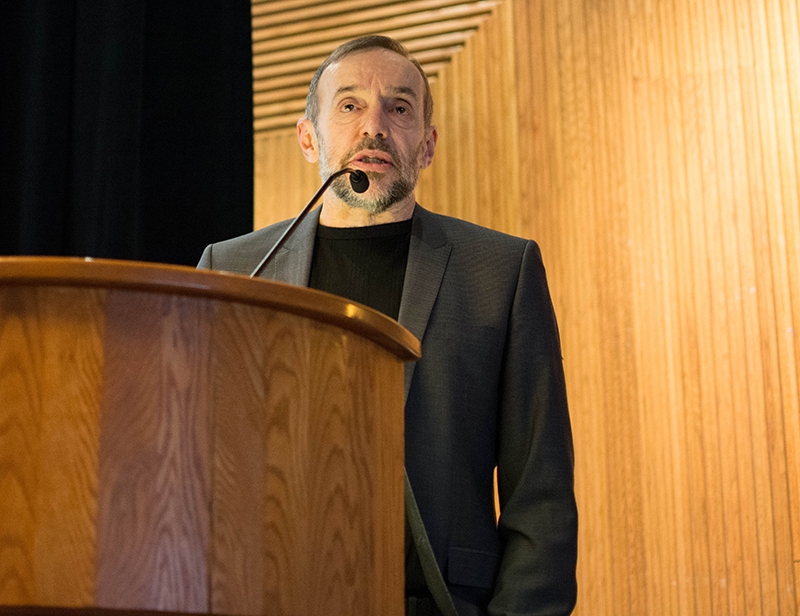Researchers at Laurier were recently awarded $450,000 from the Canada-Inuit Nunangat-United Kingdom (CINUK) Arctic Research Program to study the ecological impacts of shifting beaver populations and climate change in Canada’s Arctic tundra regions.
The funding program pairs Canadian researchers from Ontario, Quebec and the Inuvialuit Settlement Region with scholars in the United Kingdom to investigate issues that are meaningful to Inuit Nunangat communities.
Philip Marsh, a professor in Laurier’s Department of Geography and Environmental Sciences and the Canada Research Chair in Cold Regions Water Science, is co-leading the “Beavers and Socio-Ecological Resilience in Inuit Nunangat” project with Helen Wheeler, a wildlife and ecosystem ecologist at Anglia Ruskin University in Cambridge, England.

Philip Marsh, professor in Laurier’s Department of Geography and Environmental Sciences and the Canada Research Chair in Cold Regions Water Science.
– Philip Marsh
“We are extremely excited to work with our Inuvialuit and U.K. partners on this unique project aimed at improved understanding of the impacts of beavers and climate change on the waters of the western Canadian Arctic within the Inuvialuit Settlement Region,” says Marsh.
“Our efforts will build on long-term research conducted at Laurier’s Trail Valley Creek Research Station, located north of Inuvik in the Northwest Territories, in collaboration with the Inuvialuit Fisheries Joint Management Committee.”
North American beavers have been moving north of the Arctic treeline in recent years, which can have wide-ranging implications for local ecosystems. Marsh and his partners will investigate the effects that beavers are having on the Arctic landscape, other animals and Indigenous communities. The study will contribute to ongoing monitoring of rapid environmental change in the region and enhance the development of predictive water models needed to understand future changes and inform decision-makers.